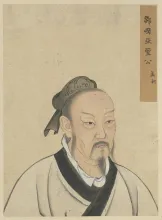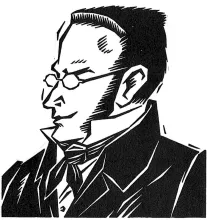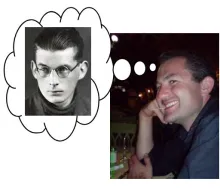Queer Anarcho-Communism: An Atemporal Approach
Submitted anonymously. Also available on The Anarchist Library.
This is a collection of an essay, the Queer Anarchist Communist Manifesto, and the writings created to go along with it. The sections are as follows: the Queer Anarchist Communist Manifesto; page by page summary of Against His-Story, Against Leviathan by Fredy Perlman; re-writes of Emma Goldman’s Mother Earth magazine into summaries and commentary; page-by-page summary of Baeden’s “Against The Gendered Nightmare” essay, from the Journal of Queer Heresy, and several more summaries and commentaries of essays from Ian McKay’s Libertarian Reader volumes 1 and 2 used in the paper.










